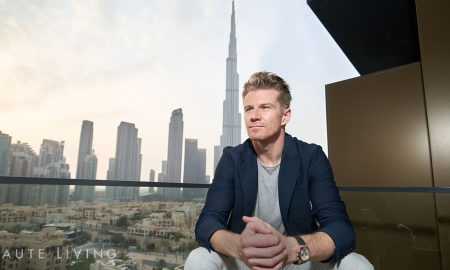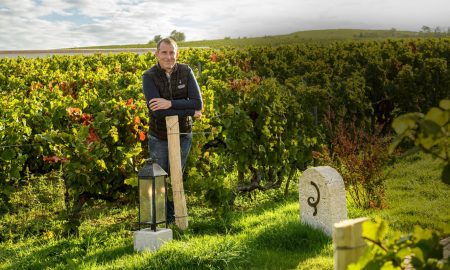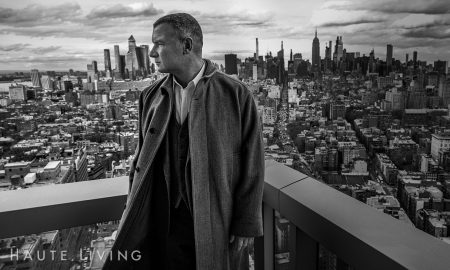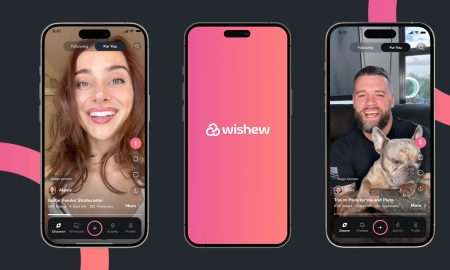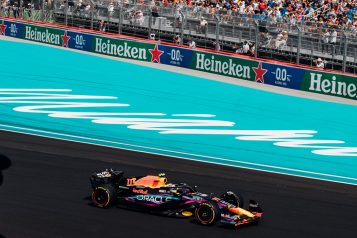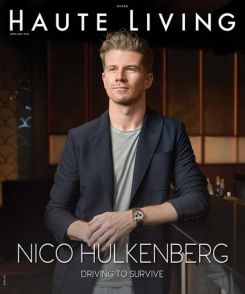When they were playing together in Vegas, Frank Sinatra told him, “Quincy, your team is only as strong as its weakest link.” When they were touring with Lionell Hampton, jazz saxophonist Ben Webster imparted the importance of appreciating other cultures, saying, “Listen to the real people, listen to the music, eat the food, learn 40 words in every language—Greek, French, Swedish, Russian.”
He took those lessons to heart. He says, “That gets my cookies crumbling—feeling at home in practically every country on the planet. Knowing the customs, the food, the language, and the music, the definitions of culture.” And throughout his rich and varying journey, he developed mantras of his own. Jones thinks of the world like he thinks of a symphony orchestra: “Everyone doing the same thing but on something different.” So, “Don’t drag your culture into every other person’s culture. You become a bigger person if you learn their culture. That’s what the world needs now: for us to accept each other as we are.” But most importantly, “When it rains, get wet. Be involved.”
Making Music to Make a Difference
So beyond the music, beyond the accolades, Quincy has shown that he is not afraid to put action behind the lessons, and he has opted to get wet when it has rained on parts of our world. He is involved and has been since the 60s, when he was a key supporter of Dr. Martin Luther King Jr.’s Operation Breadbasket. In 1985, he combined his philanthropic efforts with his musical acumen, bringing artists together in a studio to record “We Are The World,” a song he produced that became the best selling single of all time and raised more than $63 million to combat famine in Ethiopia. In turn, the U.S. government donated more than $800 million to the cause. And in 2004, he once again harnessed the power of celebrity to launch the We Are The Future initiative with a concert featuring Carlos Santana, Alicia Keys, Oprah Winfrey, and others. In 2007, he joined forces with the Harvard School of Public Health to form Project Q, dedicated to the health and wellbeing of children.
And this year, almost 25 years to the day after the original song was recorded, Jones is proving that “We Are The World” is not just a song title but a global philosophy that he subscribes to, a rallying cry for any person, any country, suffering on the planet who needs a helping hand from their global neighbors. He gathered more than 80 artists from a new generation in that same “We Are The World” studio to sing “We Are The World 25 For Haiti.” The proceeds from the song benefit the non-profit We Are The World Foundation, founded by Jones and Lionel Richie to aid the relief of the crisis in Haiti following the earthquake in January 2010. He explains, “Right after we finished the American version, I called Emilio Estefan, who is like family—I am the godfather of his little girl Emily. He and Gloria put together a Spanish version in four days. As we speak, all the forces are coming together in the Middle East. Two of my friends are Sheiks over there, and they are helping with the logistics. On a parallel path is We Are The World for Africa. [Nelson] Mandela is writing it down, and when the games [The World Cup] come, we will present the first African version. Then Chinese. Whatever we can do to get it done, it’s worth it.”







